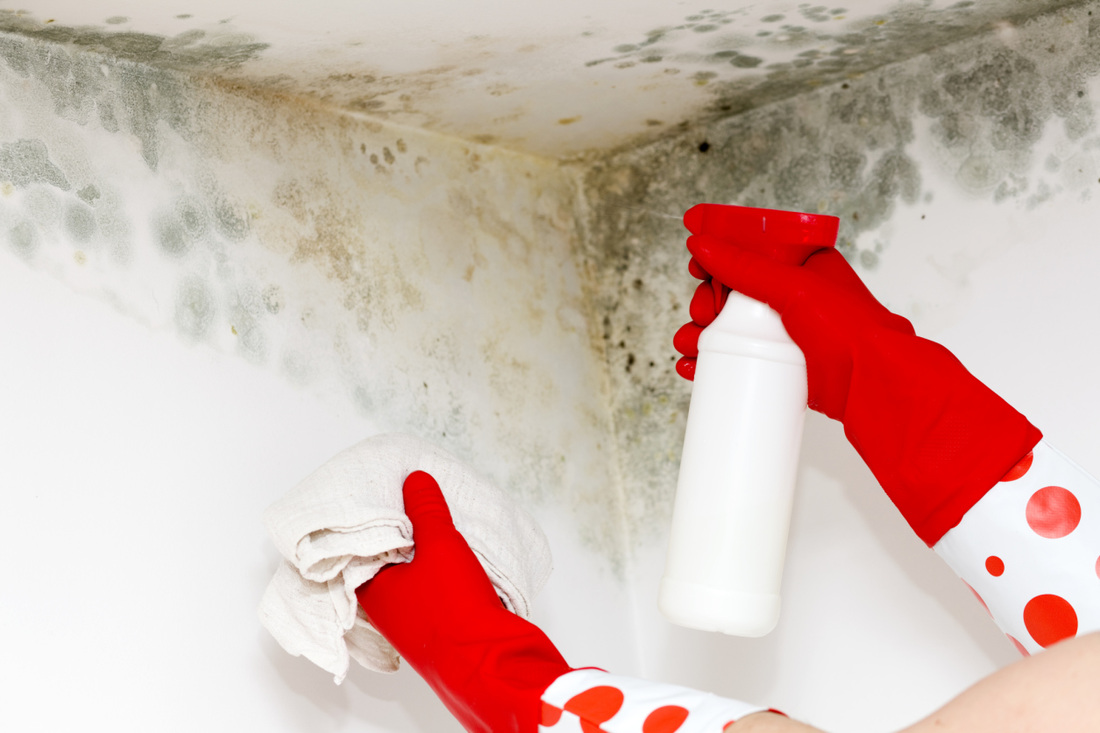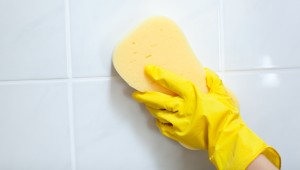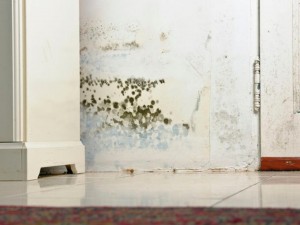Mould is very boring we know, but did you know that it could be potential grounds for suing your landlord? The silent green, yellow, brown, white or the worst, black, fungus growing on the wall is not always the tenant’s mistake, even if they dried clothes inside once. Britain, with its often humid climate and low temperatures, is a particularly welcome breeding ground for mould, which apart from being unsightly, can cause serious health problems. It is a creeping problem in most houses, and typically associated with poor ventilation, low temperatures, and excessive humidity. Here is the River’s handy guide to help you cope with mould and how to spot mould that could be especially toxic to your health.
1. Tenants with asthma, weak immune system or allergies are at a higher risk of getting health implications resulting from mould. Is your cold never going away? Mould smells – sniff around in your room after staying over at your special friend’s house, or get a mate who is not used to your house scent to suss out the smell.
2. Mould spots can easily be removed with soap and water or bleach, but make sure to know what type of mould you have on your hands. Most mould types will disappear when washed away but some may toxic. Even if you are as brilliant as Kim and Aggie with your ASDA cleaning-kit, it can be extremely dangerous, especially if you have allergies or eczema. Immediately contact your landlord or an expert.
3. Keep the temperature in your house at 21 °C, anything below 19 °C could have health risks. Close the door from the hallway to keep the warmth in the space you normally hang out in.
4. Condensation is often the reason for mould. Everyday stuff like washing, cooking, drying wet clothes and even breathing can cause damp, you can starve yourself or breathe less but it is probably easier to ventilate. Use the fans while cooking, ventilate your house now and then and do not be afraid of the gas bill: Use the heater when drying clothes.
5. You have contacted your landlord about the mould problem and he or she does not do anything about it. Your asthma is getting worse, your cold never heals or your eczema makes you want to hide under the bed. If you are suffering from any illness related to mould with an ignorant landlord, you could be able to successfully sue your landlord.
Students are already pretty good at filling their bodies with toxic substances and mould is something you can and should avoid. It is a big health risk to breathe when asleep in a mouldy room. Have a peep around the window, behind your wardrobe, next to the toilet or shower and behind the fridge to secure your living condition. There are certain things that your landlord should do to help you, but in the end it is who is living there and it is your body.
Share your mould experiences below.
If you want more information visit Kingston Council’s or the NHS website.






